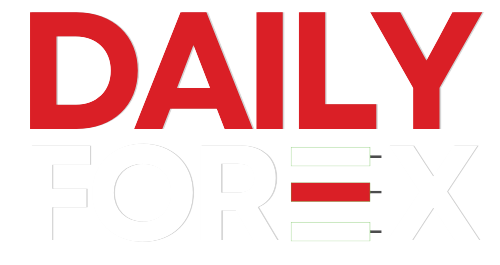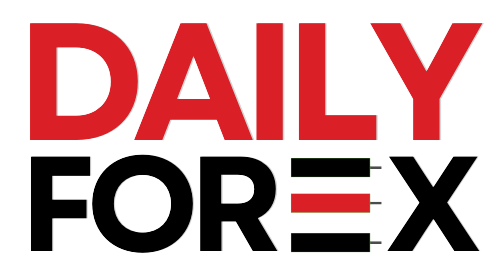When it comes to Bitcoin wallets, there is no single option that fits all. Instead, there are multiple wallet types designed for different needs. To better understand them, we can classify Bitcoin wallets based on three key categories:
1. By Medium (Storage Type)
• Software Wallets
These are applications installed on your desktop, mobile phone, or accessed via your web browser. They store your private keys online and are ideal for daily use.
Types of software wallets:
- Desktop Wallets (e.g., Electrum)
- Mobile Wallets (e.g., Trust Wallet, BlueWallet)
- Web Wallets (e.g., MetaMask, Blockchain.com)
• Hardware Wallets
These are physical devices that store private keys offline, offering high security for long-term storage. Example brands include Ledger, Trezor, and SecuX.
• Paper Wallets
A paper wallet is a printed document containing your Bitcoin address and private key. Created offline, they are extremely secure but also vulnerable to physical damage or loss.
• Brain Wallets
A brain wallet is a seed phrase memorized by the user. While convenient, it’s highly risky if forgotten or guessed by someone else.
2. By Connectivity (Internet Access)
• Hot Wallets
Hot wallets are connected to the internet. They are convenient and suitable for frequent transactions but are more vulnerable to cyber attacks.
Pros:
- Quick access
- Easy to use
Cons:
- Less secure due to constant internet connection
• Cold Wallets
Cold wallets are offline wallets, offering maximum security. They are ideal for storing large amounts of Bitcoin for long periods.
Pros:
- Immune to online hacks
Cons:
- Inconvenient for frequent use
- Irrecoverable if private keys are lost
3. By Custodianship (Key Control)
• Custodial Wallets
A third party (like a crypto exchange) controls your private keys. You access the wallet with a username and password. Common examples include wallets on Coinbase, Binance, or Kraken.
Pros:
- Easy recovery options
- User-friendly
Cons:
- You don’t control your keys
- Risk of exchange hacks or shutdowns
• Non-Custodial Wallets
You have full control over your private keys. These wallets offer true ownership but require responsibility for safekeeping your seed phrase.
Pros:
- Full control of funds
- No third-party interference
Cons:
- No recovery options if keys are lost
Final Thoughts
Each type of Bitcoin wallet has its strengths and trade-offs. Here’s a general guideline:
- For maximum security, go with cold, non-custodial wallets like hardware wallets.
- For ease and convenience, consider hot, custodial wallets (especially if you’re new).
- If you value privacy and self-sovereignty, a non-custodial wallet is your best option.
No matter which type you choose, always remember: “Not your keys, not your coins.”
Stay Informed with Daily Forex Pakistan.




